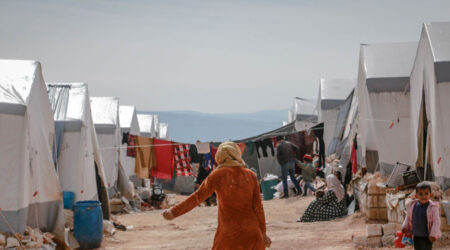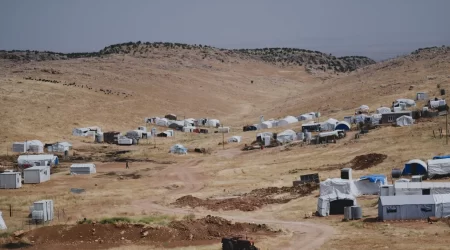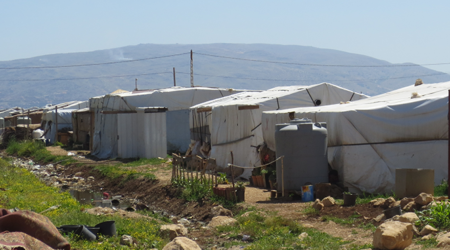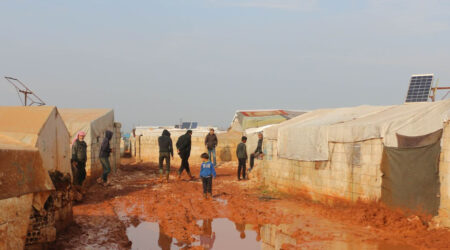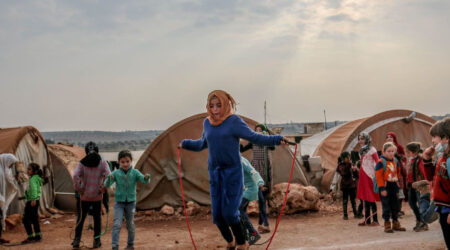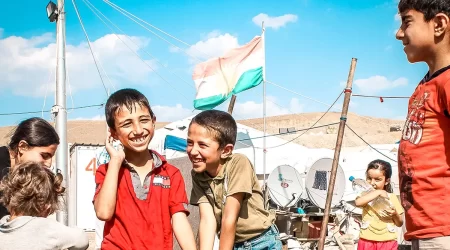Global Mental Health Research
Millions of children are forcibly displaced by war and other emergencies. Our research aims to better understand displaced children's mental health and well-being in order to improve prevention and care.
This website provides information on global mental health research led by Prof Michael Pluess and his collaborators.
The research includes the investigation of psychosocial and biological factors associated with psychological resilience, the reliable assessment of mental health problems, as well as the development and evaluation of psychological interventions.

From the blog
Understanding the Mental Health Crisis Among Syrian Refugee Children and Adolescents in Lebanon
Syrian refugee children and adolescents living in informal settlements in Lebanon face immense challenges that significantly affect their mental health. This study delves into the prevalence and predictors of mental health problems in this population, offering critical insights for policymaking and intervention strategies.
Understanding the Impact of Father-separation on Well-being in Forcibly Displaced Syrian Children
This study sought to understand how father separation impacts Syrian refugee children’s mental well-being. Researchers also examined whether father separation was related to worse maternal parenting, explaining any adverse effects on children’s well-being. Researchers looked at different aspects of well-being, such as depression, anxiety, post-traumatic stress disorder, aggression, and self-development.
Environmental Sensitivity and Mental Health in Syrian Refugee Children
This multi-level cross-disciplinary study looked at how inter-individual differences in environmental sensitivity influenced the mental health outcomes of Syrian refugee children.
Investigating the Predictors of Psychological Risk and Resilience among Syrian Refugee Children
This cross-sectional research provides insight into the individual and social factors that drive resilience in refugee children, highlighting the factors that may contribute to their risk of mental health challenges in the future.
Exploring War Exposure, Post-traumatic Stress Symptoms and Biological Stress in Syrian Refugee Children
War has profound psychological and biological effects. This study reveals how war-related trauma in Syrian refugee children and adolescents is related to altered cortisol levels – a stress hormone. Understanding these changes could shape mental health interventions, benefiting young refugees worldwide.
Understanding the Effects of War Exposure on Pubertal Development in Syrian Refugee Children
This longitudinal study explores the interplay of how war exposure and limited food resource affect puberty in Syrian refugees, offering insights into the necessity for puberty screening in medical and mental health settings to support trauma-affected youth.
Webinar: Telephone-Delivered Psychological Treatment for Children in Humanitarian Settings: Results of the t-CETA Study
In this webinar, broadcast on February 24 2021, we introduced the key elements of t-CETA and shared our first-hand experience of delivering it in Lebanon.
Webinar: Mental Health of Refugee Children:New Findings on Syrian Refugees in Lebanon (BIOPATH Study)
In this webinar, broadcast on October 26 2022, we introduced the BIOPATH study and presented recent research findings on the prevalence and predictors of mental health problems in Syrian refugee children.
- « Previous
- 1
- 2
Partners and funders














